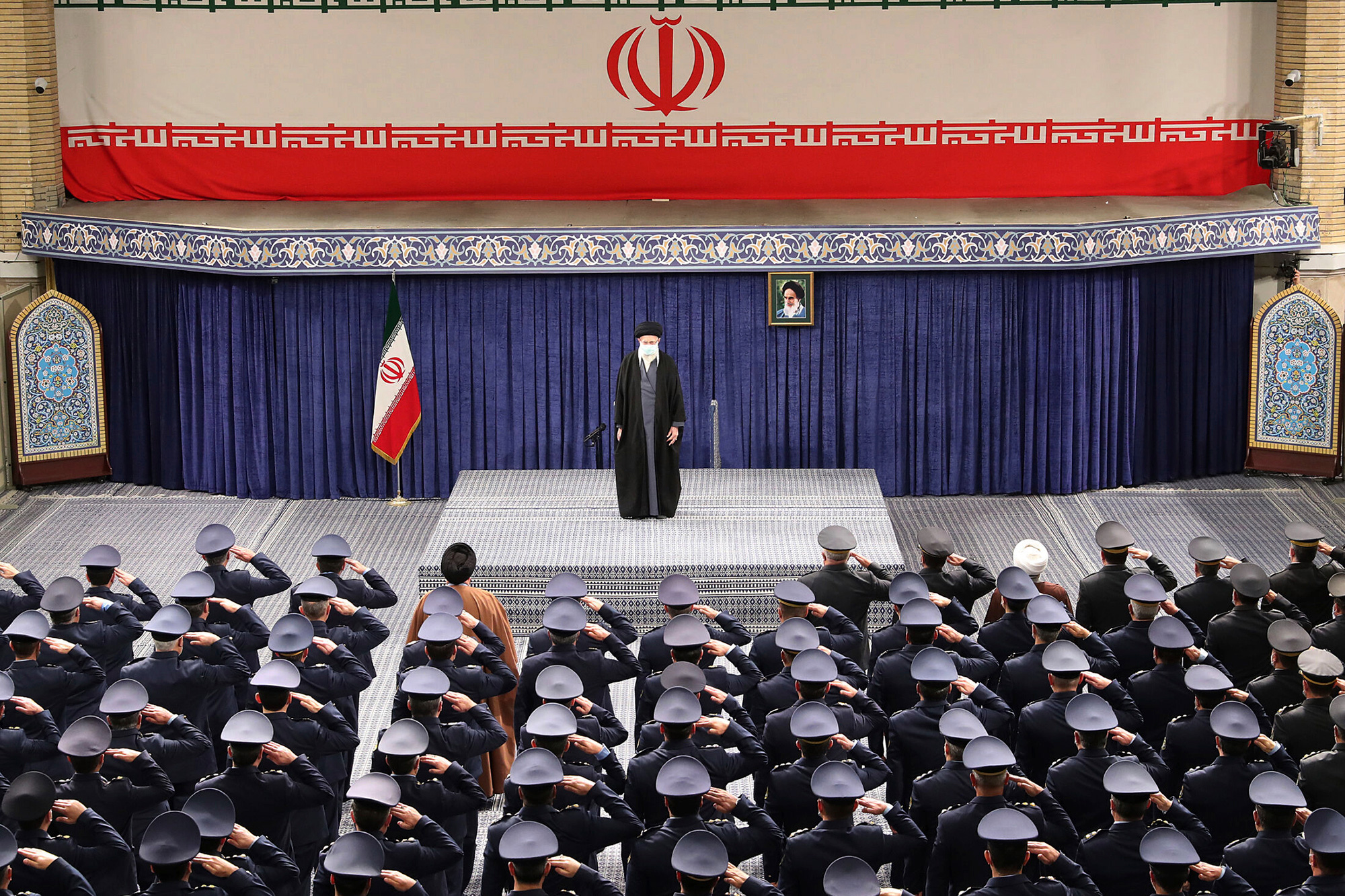The Supreme Court weighs whether a family can sue over a mistaken FBI raid.
When he was running for president in 2024, Donald Trump promised to expand legal protections for police officers.
This week, the Supreme Court heard arguments in a case that might make that promise hard to deliver on.
RELATED: Trump’s Campaign Promises: A 100-Day Progress Report
The case, Martin v. United States, centers on a “wrong house” FBI raid in 2017. The family that was mistakenly raided is trying to sue the FBI for damages; the government is arguing that the agents were covered by a niche law that shields law enforcement officers from lawsuits.
While we await the Court to reach a decision, which could take a couple of months, here are the facts of the case and where things stand:
What happened?
Both sides agree on the facts of the case:
- In 2017, FBI agents in Atlanta were serving an arrest warrant for an alleged gang member.
- The agents mistakenly raided the home of Hilliard Toi Cliatt and Curtrina Martin, who lived four doors down from the man the FBI was looking for.
- FBI agents handcuffed Cliatt, pointed their weapons at Martin, and caused property damage.
- The ordeal lasted less than five minutes; the agents realized their mistake, left to raid the correct home, and then returned to work things out with Cliatt and Martin.
The Aftermath
This is where the plaintiffs and the government start to disagree.
- The family says their property sustained $5,000 worth of damages from burned carpet and broken doors, which was later covered by insurance.
- The family also says they suffer from emotional damages.
- The family sought compensation from the FBI, but the FBI denied their request.
- Instead, the family sued the agents and the federal government for damages resulting from false imprisonment, trespass, and negligence.
What the Courts Said
A federal district court, and then a federal appeals court, said that the family wasn’t allowed to sue.
- The Federal Tort Claims Act (FTCA) is a law that spells out how and when people are allowed to sue the federal government.
- The government argued, and the lower courts agreed, that the FTCA does not allow lawsuits over “discretionary actions,” meaning judgement calls made by federal employees when executing the law.
- The family is pointing to a 1974 amendment to the FTCA, where Congress specified that people can sue when law enforcement commits “assault, battery, false imprisonment, false arrest, abuse of process, or malicious prosecution.”
Will the Supreme Court Rule Against the FBI?
According to SCOTUSblog, a leading independent source on Supreme Court business, the justices were “sympathetic to the victims” during this week’s arguments.
SCOTUSblog does not expect a wide-reaching ruling on the Federal Tort Claims Act or when federal police can face lawsuits, but they do expect the Court to allow this specific lawsuit to proceed.
Looking for the latest in your inbox? Sign up for emails from No Labels.
Related
Peyton Lofton
Peyton Lofton is Senior Policy Analyst at No Labels and has spent his career writing for the common sense majority. His work has appeared in the Washington Examiner, RealClearPolicy, and the South Florida Sun Sentinel. Peyton holds a degree in political science from Tulane University.




